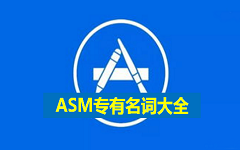Few-shot named entity recognition (NER) detects named entities within text using only a few annotated examples. One promising line of research is to leverage natural language descriptions of each entity type: the common label PER might, for example, be verbalized as ''person entity.'' In an initial label interpretation learning phase, the model learns to interpret such verbalized descriptions of entity types. In a subsequent few-shot tagset extension phase, this model is then given a description of a previously unseen entity type (such as ''music album'') and optionally a few training examples to perform few-shot NER for this type. In this paper, we systematically explore the impact of a strong semantic prior to interpret verbalizations of new entity types by massively scaling up the number and granularity of entity types used for label interpretation learning. To this end, we leverage an entity linking benchmark to create a dataset with orders of magnitude of more distinct entity types and descriptions as currently used datasets. We find that this increased signal yields strong results in zero- and few-shot NER in in-domain, cross-domain, and even cross-lingual settings. Our findings indicate significant potential for improving few-shot NER through heuristical data-based optimization.
翻译:暂无翻译



